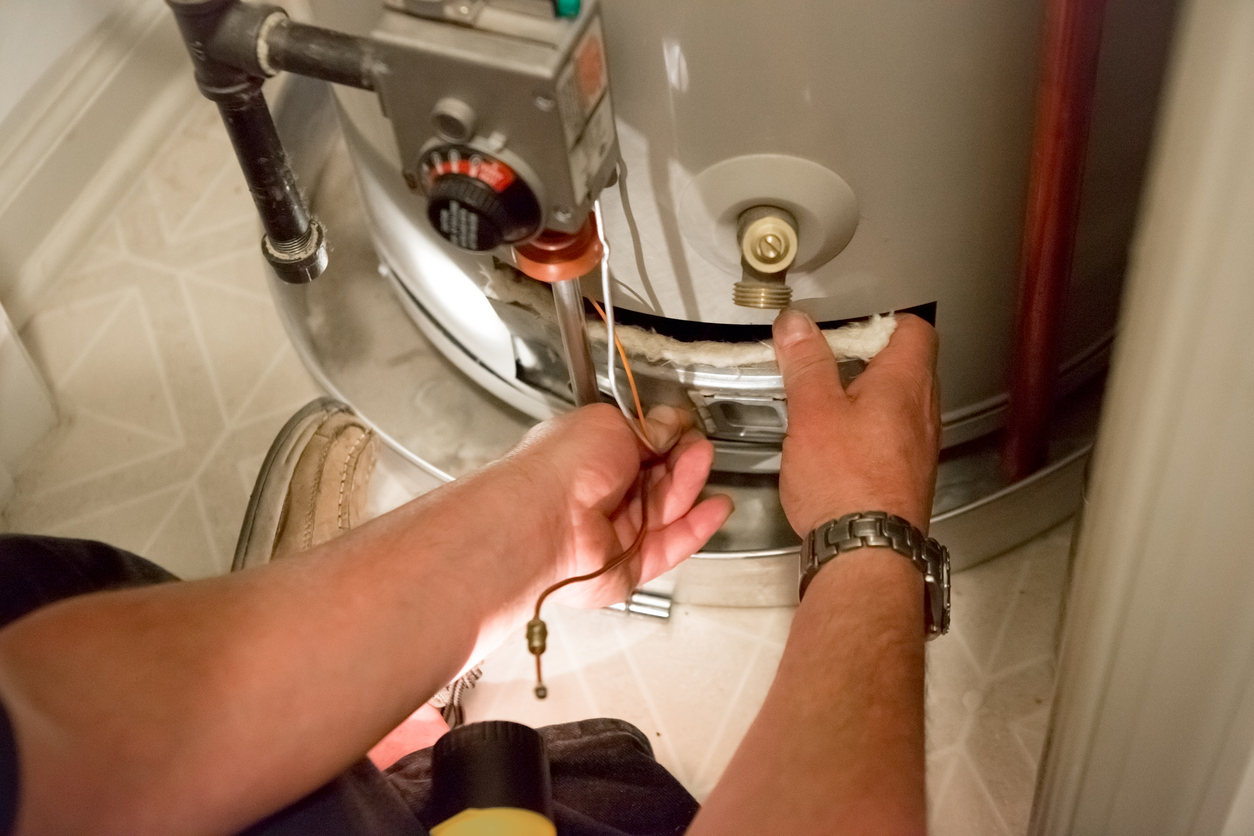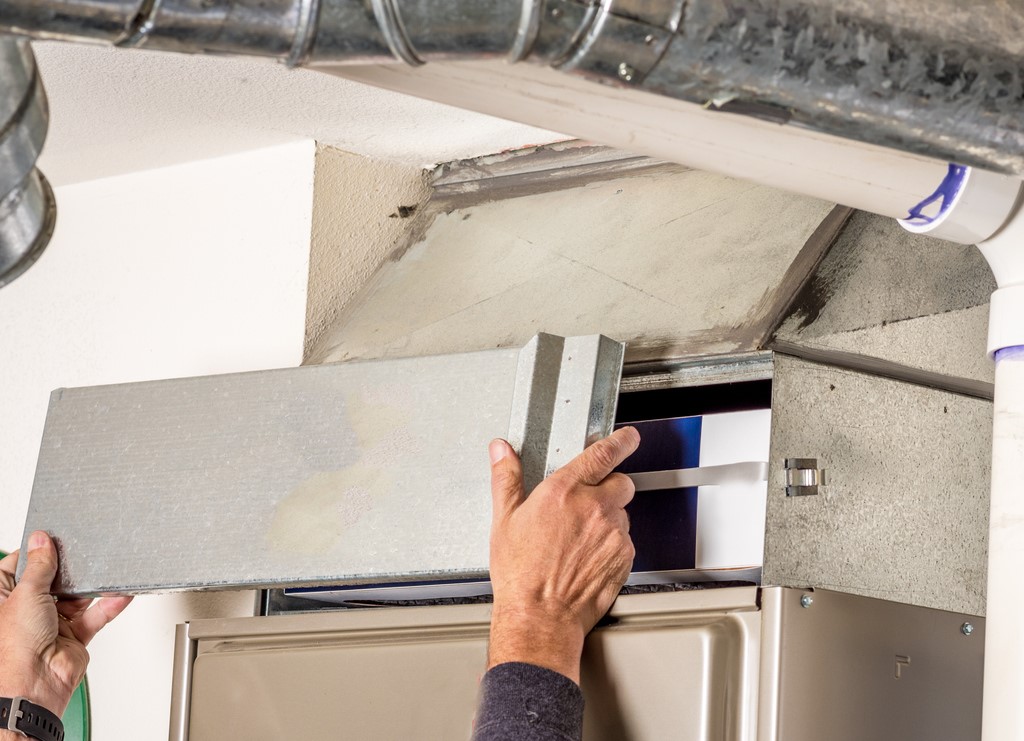Drainage issues are among the most common homeowner frustrations with dishwashers. Fortunately, they’re typically the easiest to diagnose – as you’ll most likely be able to see standing water in the bottom of your dishwasher.
Dishwashers are also getting smarter over time. There are many models that can now detect a drainage problem and stop the wash cycle to prevent leaks or floods. If you don’t own one of these newer models, then leak and flood prevention are up to you! So, as soon as you notice a problem, be sure to address it or call us to help you address it: (440) 729-2099.
Here’s a quick overview of some checks you can do yourself or call us in to help with to uncover why your dishwasher is not draining.
Check One:
Is the sink draining? Because the plumbing is connected, if your sink is not draining well, then your dishwasher most likely wont be either. Run the garbage disposal to ensure there are no clogs.
Check Two:
In most cases, a simple blockage is responsible for the standing water in your dishwasher. So, step two for the DIY crew is to check to see if any food or other debris has become lodged in the dishwasher’s filter(s).
Check Three:
If the dishwasher still isn’t draining after you’ve checked and cleaned all filters, then there may be blockage elsewhere, such as in the dishwasher waste pipe that connects to the plumbing under your kitchen sink. While food does not normally make it this far, grease and fats can build up, solidify and cause backup.
Check Four:
If no blockages are found, then your dishwasher may have a faulty or failed drain pump. Here’s where you’ll either have to block off a whole Saturday to do some learning and tinkering, or give us a call to find the exact problem and recommend the best solution.
Learn more about other common kitchen plumbing problems to look out for and how Kobella can help.





